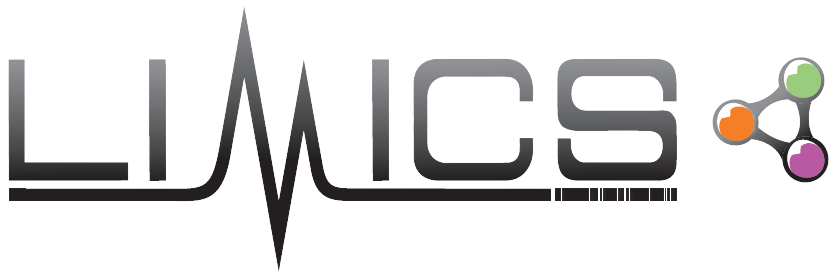2020 – 2024
EIT Health’s innovation programme
Home SUOG
Screening in early pregnancy for foetal abnormalities is an established part of routine care in Western countries. If the screening identifies an unusual feature (such as foetal malformation, or a growth anomaly), clinicians must refer the patient for an expert scan to decide a prognosis and organise care. However, there’s a lack of expert resource for those second mandatory scans. Some screening operators need support to refer patients to the right expert at the right time.
There is evidence that early pregnancy scans could be improved. During the past decade in France, there’s been an increase in the average number of ultrasound scans per pregnancy, although the probability of being diagnosed with a birth disorder hasn’t grown. What’s missing is a system for ultrasound screening that collects all relevant images during the scan and analyses these images to provide guidance for diagnosis hypothesis.
Improving the quality of ultrasound scanning
SUOG stands for Smart Ultrasound in Obstetrics and Gynaecology. SUOG provides the operator with relevant information in real-time when faced with unusual features. The system relies on artificial intelligence (AI) to provide image recognition and intelligent guidance on what to look for, based on previous normal and abnormal findings, plus possible diagnoses. The guidance is provided by an integrated knowledge base designed by international experts in the field of obstetrics, gynaecology and foetal medicine.
From the very first scan, doctors, midwives or sonographers can collect high-quality image sets, as expert operators would do. If an expert eye is needed, they can request a second expert opinion based on these images, or refer patients to expert centres.


